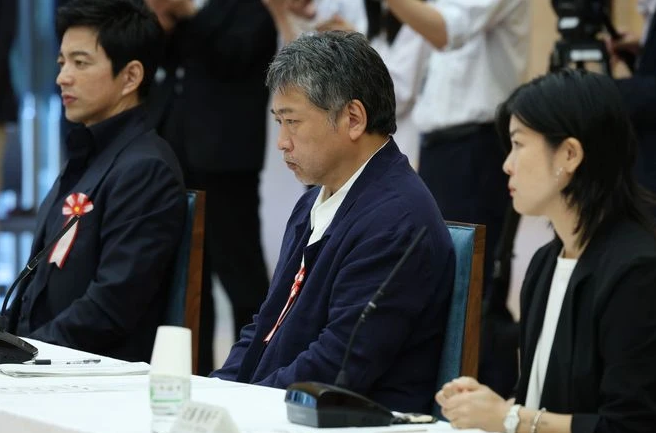Japan is taking significant steps to revitalize its semiconductor industry, aiming to reclaim its position as a global leader in chip manufacturing. The government has announced a substantial investment of 3.9 trillion yen ($26 billion) to support the development and production of next-generation semiconductors.This strategic move comes as part of Japan’s efforts to strengthen its economic security and reduce dependence on foreign chip suppliers. The funding will be directed towards various initiatives, including:
- Supporting domestic chip manufacturers
- Attracting foreign companies to set up production facilities in Japan
- Investing in research and development of cutting-edge semiconductor technologies
Key Players and Investments

One of the primary beneficiaries of this initiative is Rapidus Corp., a government-backed chip venture. The company is set to receive 1.3 trillion yen in subsidies to construct an advanced semiconductor plant in Hokkaido Prefecture. This facility will focus on producing 2-nanometer chips, which are crucial for various applications, including artificial intelligence and autonomous driving.In addition to Rapidus, other major players in the semiconductor industry are also receiving support:
- TSMC: The world’s largest contract chipmaker is building a plant in Kumamoto Prefecture, with operations expected to begin in 2024.
- Kioxia Holdings Corp. and Western Digital Corp.: These companies are collaborating on a new production line for 3D flash memory in Mie Prefecture.
Global Context and Challenges
Japan’s push to bolster its semiconductor industry comes amid growing global competition and concerns about supply chain vulnerabilities. The COVID-19 pandemic and geopolitical tensions have highlighted the importance of securing domestic chip production capabilities.While this investment represents a significant step forward, Japan faces several challenges in its quest to become a semiconductor powerhouse:
- Catching up with technological advancements made by global leaders
- Attracting and retaining skilled talent in the semiconductor field
- Competing with other countries that are also heavily investing in chip production
Future Outlook
The success of Japan’s semiconductor strategy will depend on various factors, including the effective implementation of these investments and the ability to foster innovation in the industry. As the global demand for advanced chips continues to grow, Japan’s renewed focus on semiconductor production could play a crucial role in shaping the future of technology and strengthening its position in the global economy.
Source: Asahi













